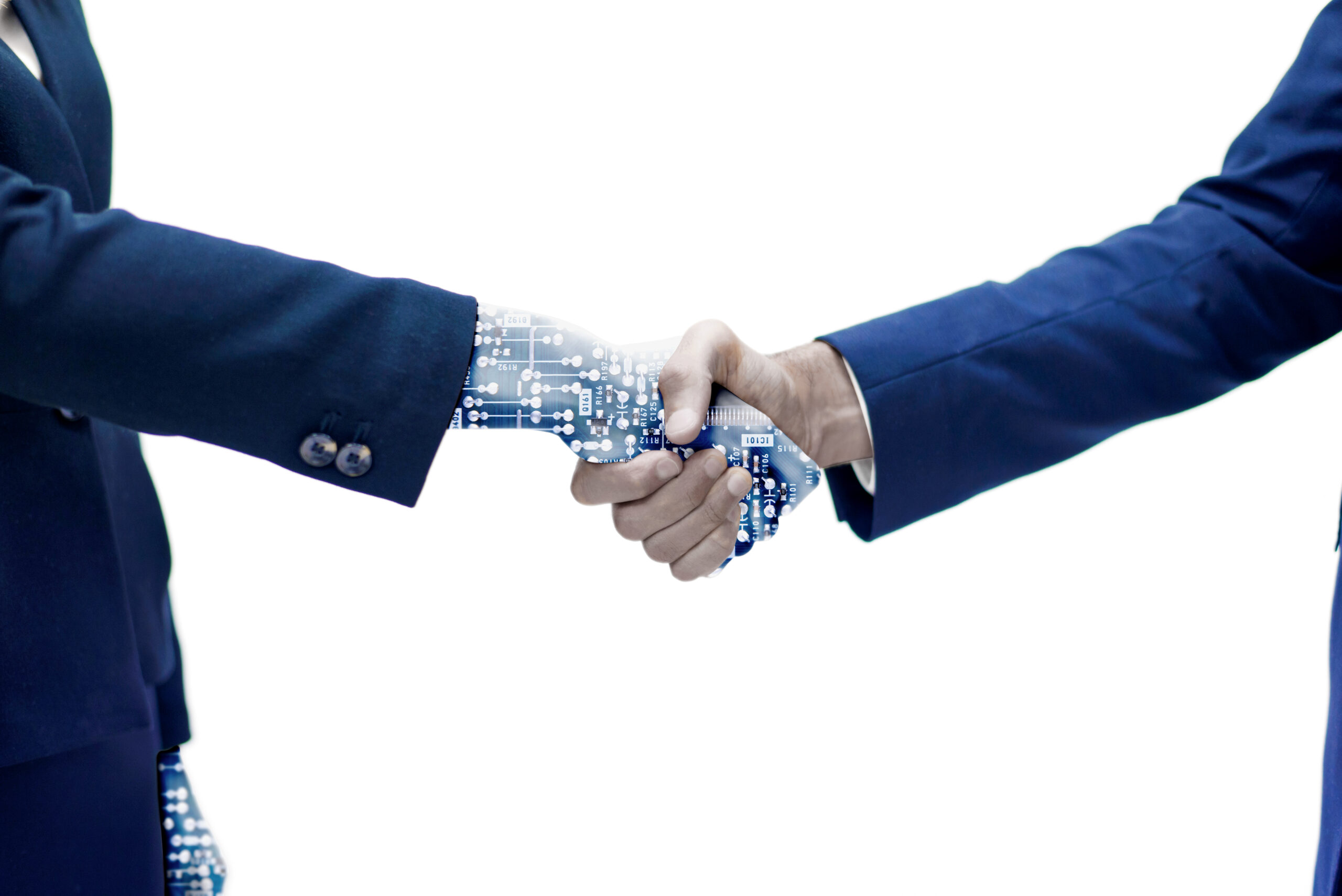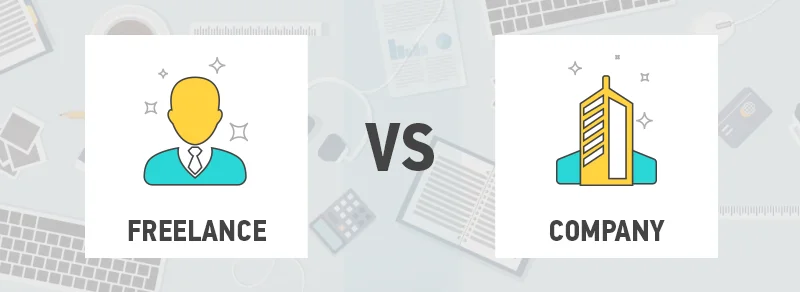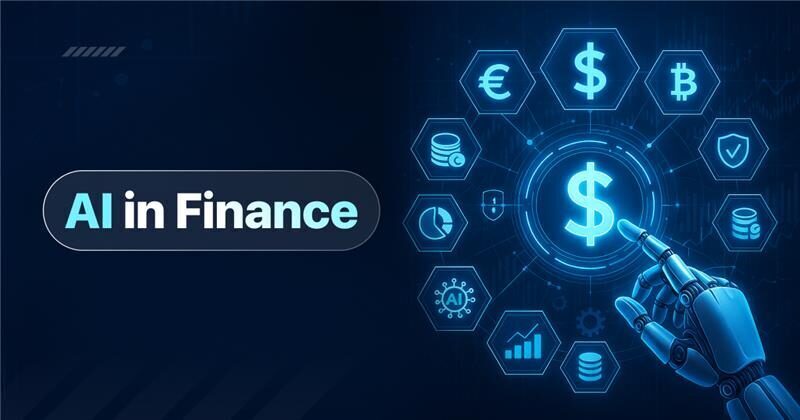Table of Contents
Introduction
Artificial Intelligence (AI) has grown rapidly in recent years. From chatbots to self-driving cars, AI is transforming industries and changing the way we live and work. However, many people are worried that AI will take away their jobs in the future. While it is true that some routine and repetitive tasks may be replaced by AI, not all jobs can be taken over by machines.
Certain jobs require creativity, emotions, human connection, and critical thinking—qualities that AI cannot fully copy. In this article, we will explore the top 10 jobs that AI cannot replace and understand why humans will always play a vital role in these professions.
👉 According to the World Economic Forum Future of Jobs Report, AI will change the job market, but many roles that require human skills will remain safe.
1. Teachers and Educators
Teaching is not just about sharing knowledge; it’s about inspiring, guiding, and mentoring students.
👉 Research by UNESCO shows that teachers are central to shaping societies, something AI cannot replace.

2. Doctors and Healthcare Workers
AI is already used in hospitals for scanning medical reports and detecting diseases. However, healthcare is not only about diagnosis and treatment—it’s also about care and trust.
👉 According to the World Health Organization, human compassion and ethical decisions in healthcare are irreplaceable.

3. Psychologists and Therapists
Mental health professionals focus on emotions, feelings, and human experiences.
👉 The American Psychological Association states that therapy depends on empathy and trust, which AI cannot provide.

4. Creative Writers and Artists
Creativity is one of the strongest human skills that AI struggles to match.
👉 Forbes notes in an article on AI and Creativity that AI can generate art, but real creativity comes from human emotions.

5. Lawyers and Legal Experts
The legal field involves interpreting laws, debating, and convincing people in court.
👉 According to Harvard Law Review, legal practice requires human reasoning and ethical judgment, which AI cannot replicate.

6. Scientists and Researchers
Innovation requires human imagination.
👉 MIT Technology Review highlights that AI can assist, but true breakthroughs come from human curiosity.

7. Managers and Leaders
Leadership is not only about making decisions—it’s about inspiring teams, solving conflicts, and building trust.
👉 Harvard Business Review explains that emotional intelligence in leadership is something AI will never replace.

8. Skilled Trades (Electricians, Plumbers, Carpenters)
Hands-on jobs require adaptability in unpredictable environments.
👉 The U.S. Bureau of Labor Statistics reports that trade jobs demand physical presence and problem-solving, making them AI-resistant.

9. Social Workers and Community Service Providers
Social workers deal with families, children, and vulnerable people.
👉 According to Social Work Today, human empathy and community engagement cannot be replaced by machines.

10. Entrepreneurs
Entrepreneurship is about risk-taking, creativity, and solving problems.
👉 The Entrepreneur Magazine emphasizes that passion and vision are unique human qualities that AI cannot copy.

Conclusion
Artificial Intelligence (AI) is no doubt shaping the future of work. It is fast, efficient, and capable of handling repetitive tasks better than humans. However, when it comes to jobs that require creativity, empathy, leadership, and human judgment, AI cannot take over. Teachers, doctors, therapists, leaders, social workers, and entrepreneurs will always remain central to society because they connect with people on an emotional and human level.
Instead of seeing AI as an enemy, we should view it as a tool that can support human potential. AI can automate boring tasks, process large amounts of data, and provide useful insights, but only humans can add meaning, compassion, and innovation. This means the future workplace will be a collaboration: AI will handle the technical side, while humans will lead with vision and creativity.
To stay ahead in this changing world, people should focus on building skills that machines cannot copy—like emotional intelligence, problem-solving, critical thinking, creativity, and communication. The more we improve these human strengths, the more valuable we will become in the job market.
👉 As the World Economic Forum predicts, millions of new jobs will be created in fields where human skills matter most. So, the future is not about humans vs. AI, but about humans with AI—working together to build a better tomorrow.





Leave a Reply